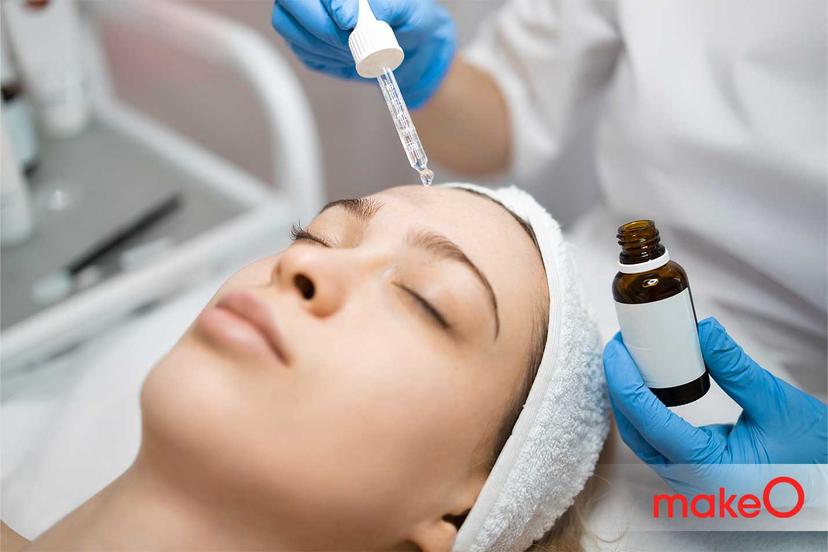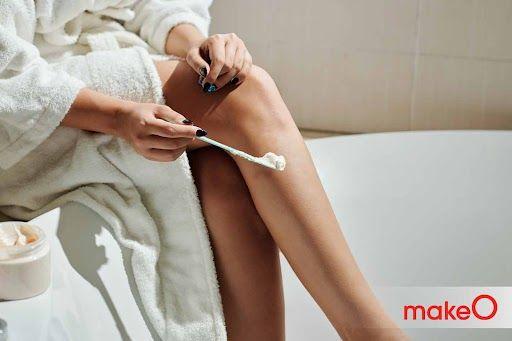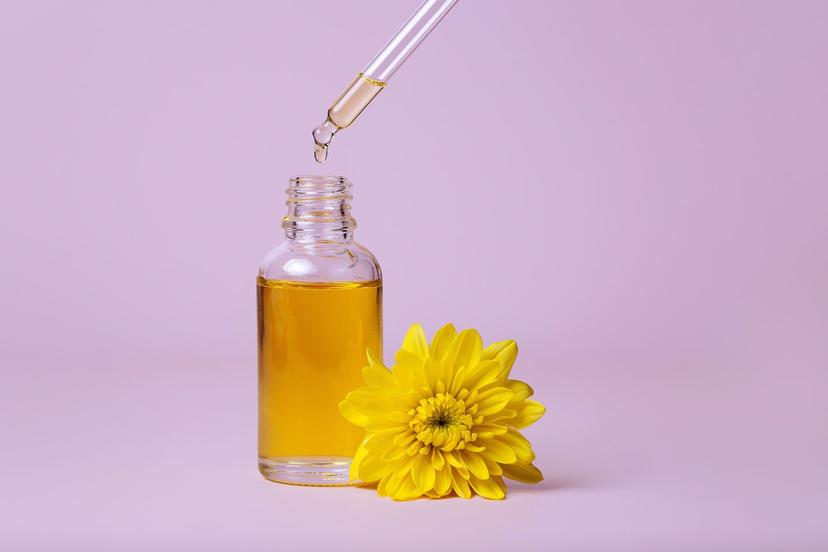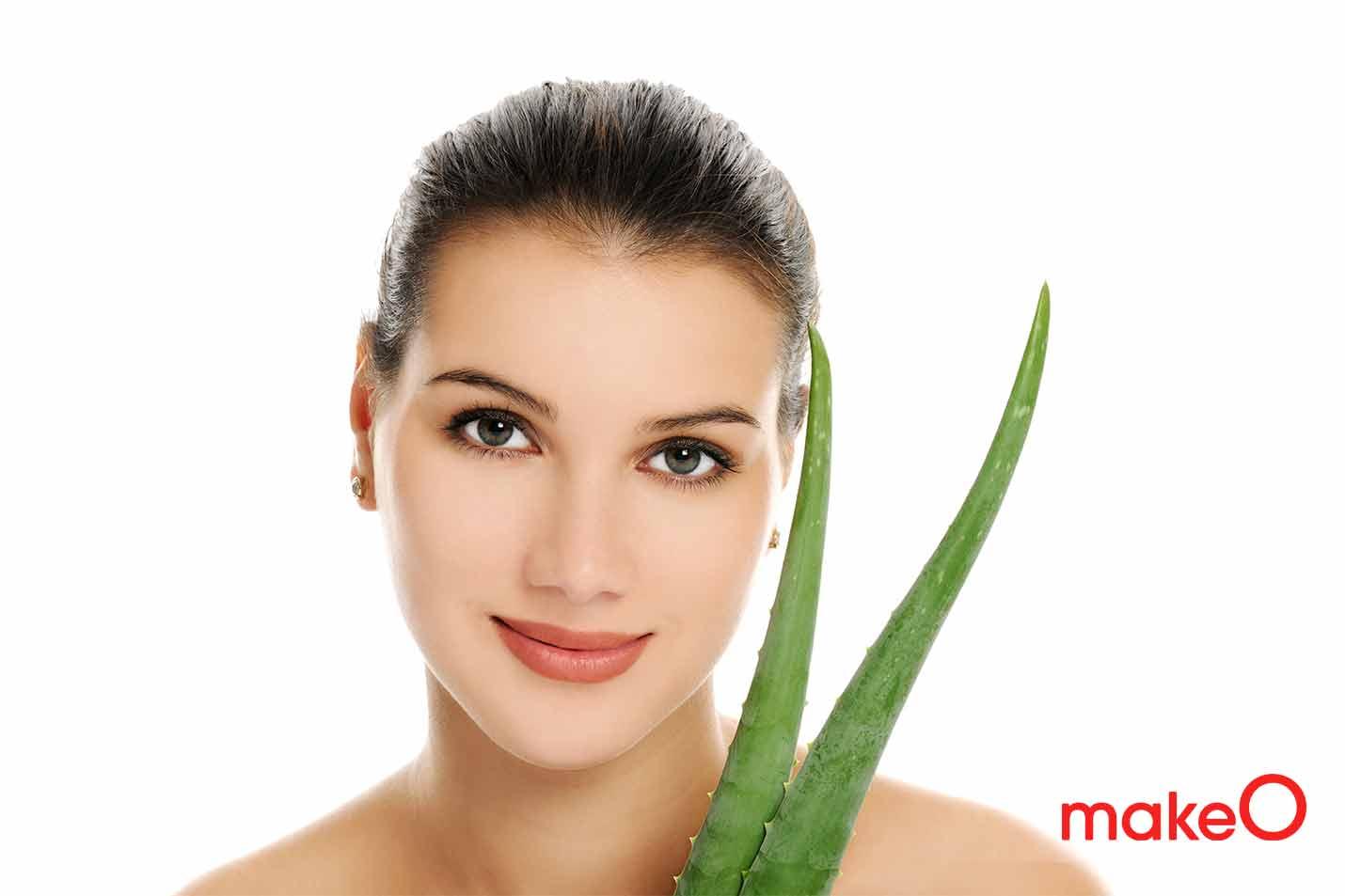MakeO blog
Acne, the most common skin ailment, can be quite a troublemaker. Those pesky pimples can put a damper on your self-confidence. But, fear not! There are simple yet effective ways to bid goodbye to acne, and it all starts at home. Yes, you read it right! Home remedies for pimples can do wonders for your skin and act as acne treatment at home!
Let’s check out some natural ingredients that you can easily find in your home that can help you fight acne issues.
Combating Acne with Natural Ingredients
Do you want to know how to get rid of pimples naturally? There are a handful of acne remedies that you might already have in your kitchen. These include turmeric, aloe vera, green tea, tea tree oil, and apple cider vinegar.
1. Turmeric
Turmeric, a staple in Indian cuisine and Ayurvedic medicine is a powerful anti-inflammatory and antibacterial ingredient. Other turmeric benefits for skin include reducing redness, and inflammation, and fighting bacteria, all of which are extremely helpful when you are dealing with acne. Turmeric may turn your skin a bit yellowish, but hey, a little yellow today for clear skin tomorrow sounds like a fair deal, right?
2. Aloe Vera
Aloe vera, our favourite indoor plant, is a fantastic soothing agent. It contains salicylic acid and sulphur, which are both excellent acne remedies. Applying aloe vera gel directly on your skin can help reduce inflammation and soothe your skin. It’s the chill friend your skin needs in times of a pimple crisis!
3. Green Tea
Green tea isn’t just a detox drink for your body; it's equally beneficial for your skin too. Rich in antioxidants, applying cooled green tea to your skin can reduce sebum production, inflammation, and bacterial growth. Your skin gets to sip on a refreshing drink and thank you later with a clear complexion.
4. Tea Tree Oil
Tea tree oil is a popular ingredient in many skin care products for its strong antibacterial and anti-inflammatory properties. When applied topically (remember to dilute it with a carrier oil), it penetrates the skin to disinfect pores, dry out pimples, and prevent further outbreaks.
5. Apple Cider Vinegar
Apple cider vinegar, with its astringent properties, can help dry out acne and control oil production. Dilute it with water, and apply it with a cotton pad. Be aware that it's quite strong, so make sure to do a patch test first!
Get Clear Acne-Free Skin with makeO skinnsi
Though home remedies can offer some relief, sometimes your skin needs more. Enter makeO skinnsi’s range of acne treatments that harness the power of the best acne-fighting ingredients in their products and inculcate the best acne-fighting procedures in their treatments.
If you are someone dealing with minimal to mild acne, you can choose our makeO skinnsi’s acne away kit which is a collection of serum, foaming face wash and a toner. Each of the products in our acne-fighting kit is exceptional at reducing inflammation and oil production, decreasing redness, unclogging pores and treating infection.
If you face a more advanced or severe form of acne, then you can choose from our US FDA-approved makeO skinnsi peel and acne scar reduction services too. Not only do they act like a more long-term solution to your acne woes, but they are also safe, comfortable and entirely customisable procedures.
While acne can be a challenging skin condition, it’s not unbeatable. With the right ingredients, like turmeric, aloe vera, green tea, tea tree oil, apple cider vinegar, and makeO skinnsi's products, your journey towards clear, acne-free skin can be more straightforward and more enjoyable.
FAQs
1. How often can I use aloe vera for acne?
You can apply aloe vera on your skin twice a day – once in the morning and once at night.
2. Is turmeric safe for all skin types?
Yes, turmeric is generally safe for all skin types. However, it's recommended to do a patch test first.
3. Can tea tree oil lighten acne scars?
Tea tree oil can reduce inflammation and redness, which may eventually lighten acne scars.
4. Is apple cider vinegar too harsh for sensitive skin?
Yes, apple cider vinegar can be harsh on sensitive skin. Always dilute it before use and do a patch test first. Remember, everyone's skin is unique. What works for one person might not work for another. So, don't hesitate to experiment, find what suits you, and remember to keep it natural!
related categories
Related articles

Anti-Ageing Face Oils: Unveiling the 10 Best Facial Oils for Youthful Skin

5 Common Mistakes to Avoid When Using a Face Roller

Is Aloe vera effective for acne? Find out

5 Side Effects of Hair Removal Creams That You Must Know

